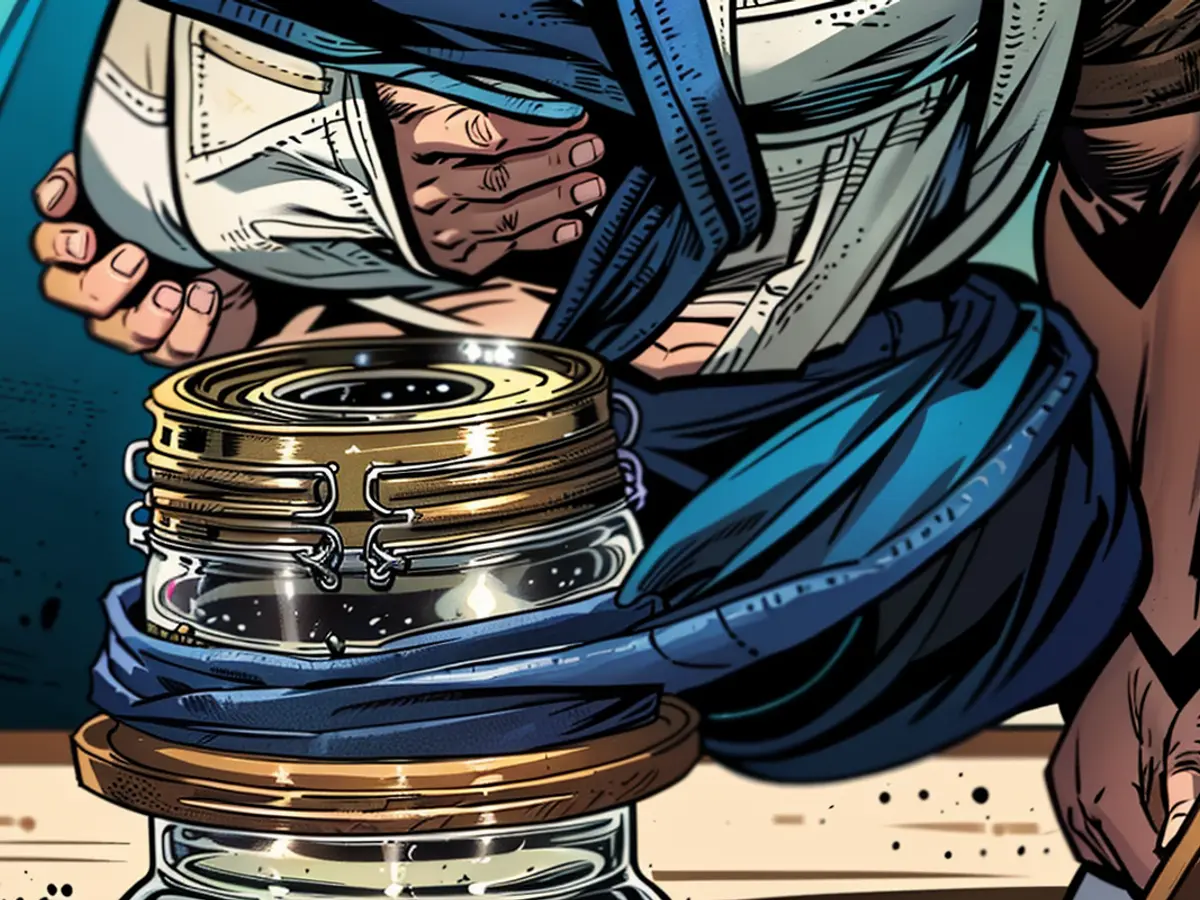Loose bottle caps are now prohibited
According to a study, lids count among the plastic products that make up the most waste at EU beaches. To protect the environment, they must now be fixed to beverage containers. However, this new regulation does not apply to all bottles.
To reduce plastic waste in the environment, loose caps have been banned in Germany for certain beverages since today. This applies to disposable packaging, whose lids are made of plastic - such as juice cartons or disposable PET bottles - with a volume of up to three liters. Glass or metal, as well as reusable beverage containers, are reportedly exempted according to the Federal Ministry for the Environment. The reason for the introduction of "fixed lids" is a European Union (EU) directive. This directive, according to the ministry, is based on a study that shows that plastic lids are among the most frequently found plastic waste at EU beaches.
Many consumers are already familiar with the lids. According to the Federal Environment Agency, the regulation that governs the requirements in Germany came into force on July 3, 2021, with a three-year transition period. "Many companies have gradually adapted their beverage packaging to meet the new requirements since then," says the authority. Containers that do not meet the new requirements but have already been put on the market before the deadline can still be sold according to the Environment Ministry (BMUV) without time limits.
However, some people are annoyed by the new caps. "The BMUV is aware that consumers are not only positive about the fixed caps," says a spokeswoman from the ministry. The goal of the directive is to protect the environment through minor measures. Therefore, fixed caps are necessary for certain beverage containers. No numbers are yet available to the ministry or the Federal Environment Agency on how much plastic waste will be reduced through the new requirement. The German government plans to evaluate the implementation of the new regulation in 2027 according to the Environment Ministry.
Criticism from Consumer Center
Philip Heldt, resource conservation expert at the North Rhine-Westphalia Consumer Center, is not convinced by the new screw caps: "I consider the change in closure type to be ineffective." According to him, the law goes around the core problem. "We consume too many disposable products," says Heldt. "Changing the lids doesn't help the environment at all."
According to the expert, the new caps consume more material in many cases than the old lids. Heldt believes that clear requirements are necessary - for example, a regulation to reduce the hollow spaces in products and thus reduce packaging waste. Bans on unnecessary overpackaging such as cartons for toothpaste would also lead to material savings and environmental relief.
- The European Union (EU) has passed a directive requiring fixed lids on certain beverage containers due to a study showing that plastic lids contribute significantly to plastic waste found at EU beaches.
- The North Rhine-Westphalia Consumer Center's resource conservation expert, Philip Heldt, criticizes the new law requiring fixed lids on beverage containers, stating that it does not address the core problem of excessive consumption of disposable products.
- To comply with the EU directive, Germany has enacted a law banning loose lids on disposable packaging, such as juice cartons and disposable PET bottles, with a volume of up to three liters, while exempting glass, metal, and reusable containers.







